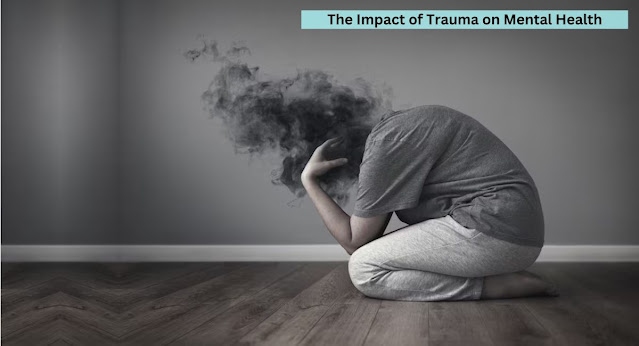The Function Of Sleep In Brain And Mental Well-being
 |
Our general well-being, especially in terms of brain and mental health, depends heavily on sleep. It’s critical to comprehend the importance of sleep in preserving peak cognitive function and fostering mental well-being in the fast-paced, stressful world of today. Let’s examine the complex link between sleep, brain function, and mental health, emphasizing the advantages of getting enough sleep as well as the necessity of including activities like mental health meditation in our daily life.
Understanding the Importance of Sleep
Sleep is a dynamic process during which the brain performs necessary functions; it is not only a condition of relaxation. The ability of the brain to process and integrate information, improve memory recall, foster creativity, and fortify problem-solving skills depends on getting enough sleep. Additionally, sleep is essential for managing stress, regulating emotions, and maintaining general mental health.
The Sleep-Brain Connection
Sleep and brain activity are closely related. The brain experiences several phases of sleep, including rapid eye movement (REM) sleep and non-rapid eye movement (NREM) sleep. Each stage has a distinct role and influences many facets of brain activity. While REM sleep is
linked to dreaming, memory consolidation, and cognitive processing, NREM sleep encourages physical recovery.
Boosting Brain Function through Sleep
The potential of sleep to improve cognitive function is one of its main advantages. A good night’s sleep helps with problem-solving abilities, creativity, and attention span. The brain consolidates recently learned knowledge as you sleep, moving it from short-term to long-term memory. This consolidation process fortifies neuronal connections, enabling more effective knowledge retrieval and enhanced cognitive function.
Emotional Well-being and Sleep
Emotional control and mental wellness are greatly impacted by sleep. A good night’s sleep helps control mood, lessens irritation, and improves general emotional health. On the other side, lack of sleep increases the risk of mental health issues including anxiety and depression as well as emotional instability and greater sensitivity to unpleasant emotions. Maintaining the best possible mental health can be considerably aided by prioritizing excellent sleep.
The Power of Mental Health Meditation
In addition to getting enough sleep, integrating everyday activities like mental health meditation can help our brains and general well-being. Focusing the mind and encouraging mindfulness are key components of mental health meditation because they help people notice their thoughts and feelings without passing judgment. Regular meditation practice has been demonstrated to lower stress, boost focus, increase self-awareness, and promote inner peace and harmony.
Living Your Best Life: Integrating Sleep, Mental Health, and Meditation
To Living your best life, it is crucial to give sleep, mental wellness, and meditation a first priority. We provide our brains with the restorative processes required for ideal cognitive performance and emotional well-being by making sure we receive adequate good sleep. Our everyday routines benefit from adding mental health meditation to help us reduce stress, focus better, and develop a good outlook.
Conclusion: For sustaining normal brain function and fostering mental well-being, sleep is a requirement, not a luxury. We may prioritize sleep by being aware of its importance in our lives and by comprehending its tremendous effects on our mental and cognitive health. We may also create inner peace, control stress, and live our best lives by using habits like mental health meditation. Discover the transformational power of meditation, prioritize your mental health, and embrace the power of sleep.

Comments
Post a Comment